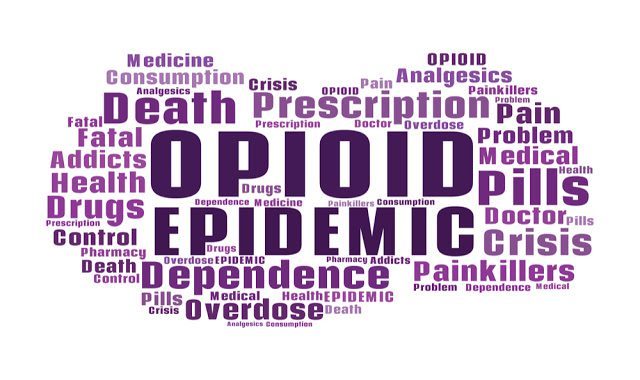
Co-Occurring Disorders: Opioids
Many individuals with opioid addiction also have co-occurring disorders such as depression, anxiety, or bipolar disorder. A co-occurring disorder is a substance use disorder and other mental health disorders occurring together in one individual either at the same time or separated by a period of time. An opioid addiction is an addiction to opioids such as codeine, morphine, heroin, hydrocodone, or oxycodone.
Opioids are prescribed by physicians to block feelings of pain. Many individuals receive an opioid prescription following surgery, dental work, or a broken bone and can use them as needed for pain relief. Opioids provide a feeling of euphoria and relaxation and can be physically as well as psychologically addicting. Over time and with continued use, the opioid user will develop a tolerance and will need more of the drug to get the same pain relief. This is when an individual can develop an addiction to opioids and need the drug to function properly. There is also an associated withdrawal with opioid dependence and the individual may experience adverse side effects when trying to quit or cut down using the drug. If an individual has a pre-existing mental health disorder such as depression or anxiety, the psychological addiction is hard to break.
As with any addiction, the use of opioids is used to escape negative feelings or to deal with areas of life that are overwhelming. There is a certain rationalization that occurs with opioid addiction as the medications are typically prescribed by a medical professional therefore it must be okay to use them. In certain situations, it is okay to use opioids. Some individuals find the effects of an opioid so pleasing, that they start to take the drug for other reasons, which can lead to addiction.
Opioid addiction can affect other mental health disorders such as anxiety, depression, post-traumatic stress disorder (PTSD), and bipolar disorder. Many individuals start using opioids to feel better about the co-occurring disorder. As with other co-occurring disorders, it is difficult to ascertain which started first. Any mental health disorder can affect opioid addiction and opioid addiction can have an effect on the mental health disorder.
Two common types of co-occurring disorders are PTSD and opioid addiction and depression and heroin addiction. Many individuals with PTSD suffered a physical as well as a psychological trauma and physicians prescribe opioids to relieve the pain associated with physical pain. The drugs can increase feelings of calm and pleasure in the brain to the extent that the individual wants to continue to experience these euphoric feelings. Heroin addiction and depression begins with heroin use that makes a person feel remarkably pleasant but over time the part of the brain responsible for producing pleasure, begins to burn out. This can cause a form of brain damage that leads to depression whereby the individual is unable to feel good unless the drug is present.
Cottonwood Tucson offers a place of understanding, healing, and hope. Our residential treatment programs have gained international renown for an integrative approach to co-occurring disorders. If you or a loved one are struggling, know that treatment is available. Recovery is possible.
A new life is waiting.
Call us today for information: (888) 727-0441






